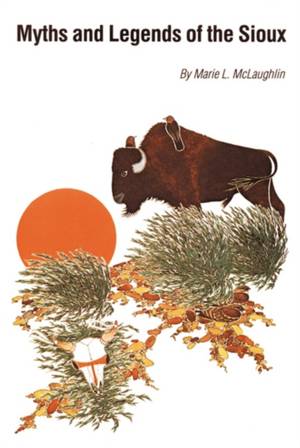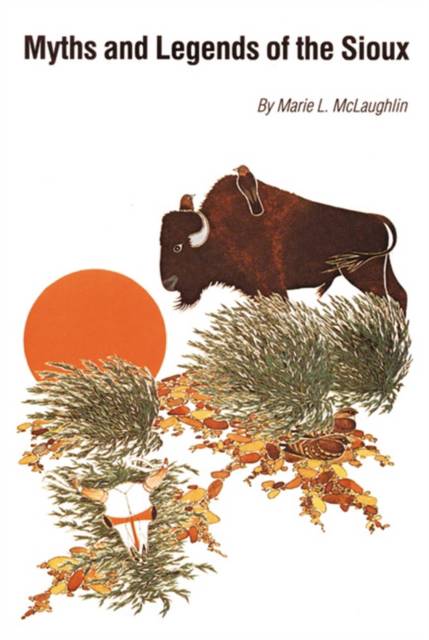
- Retrait gratuit dans votre magasin Club
- 7.000.000 titres dans notre catalogue
- Payer en toute sécurité
- Toujours un magasin près de chez vous
- Retrait gratuit dans votre magasin Club
- 7.000.0000 titres dans notre catalogue
- Payer en toute sécurité
- Toujours un magasin près de chez vous
Wolverine Myths and Visions
Dene Traditions from Northern Alberta
Description
The stories center on two animal people, Wolf, who often helps people in Dene myth and whom traditional members of the tribe still so respect that they do not trap wolves for fur; and Wolverine, a trickster and cultural transformer much like Coyote in the Navajo tradition or Raven in Northwest Coast traditions. "Wolverine" is also the name of the leader of the messianic Tea Dance that took hold among the Dene people early in the twentieth century. His visions and the accounts of his life, which are included here along with the traditional tales, show how the old myths have been transfigured but continue to pervade the Dene world-view.
Spécifications
Parties prenantes
- Editeur:
Contenu
- Nombre de pages :
- 259
- Langue:
- Anglais
- Collection :
Caractéristiques
- EAN:
- 9780803281615
- Date de parution :
- 01-02-90
- Format:
- Livre relié
- Format numérique:
- Genaaid
- Dimensions :
- 152 mm x 229 mm
- Poids :
- 562 g

Les avis
Nous publions uniquement les avis qui respectent les conditions requises. Consultez nos conditions pour les avis.





